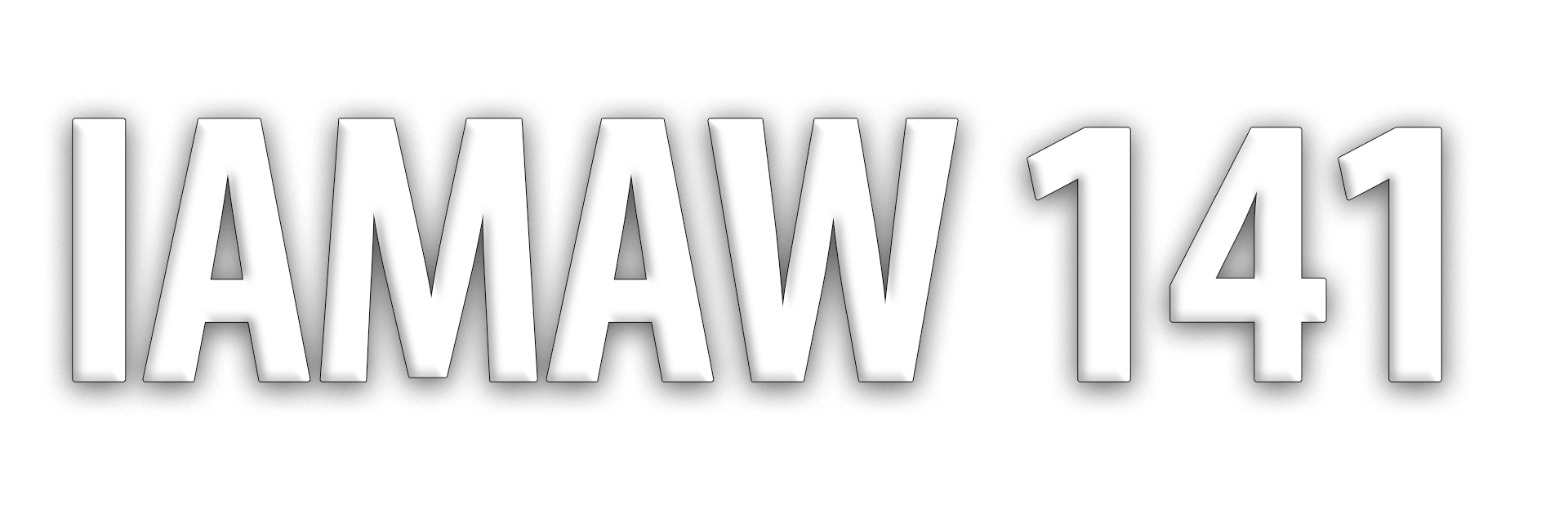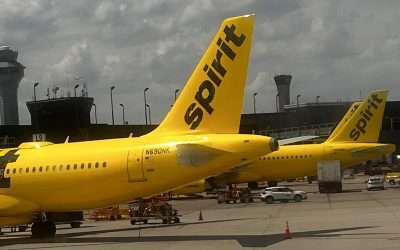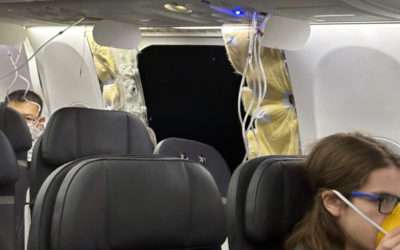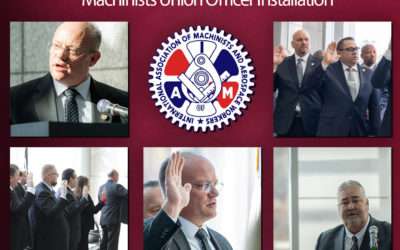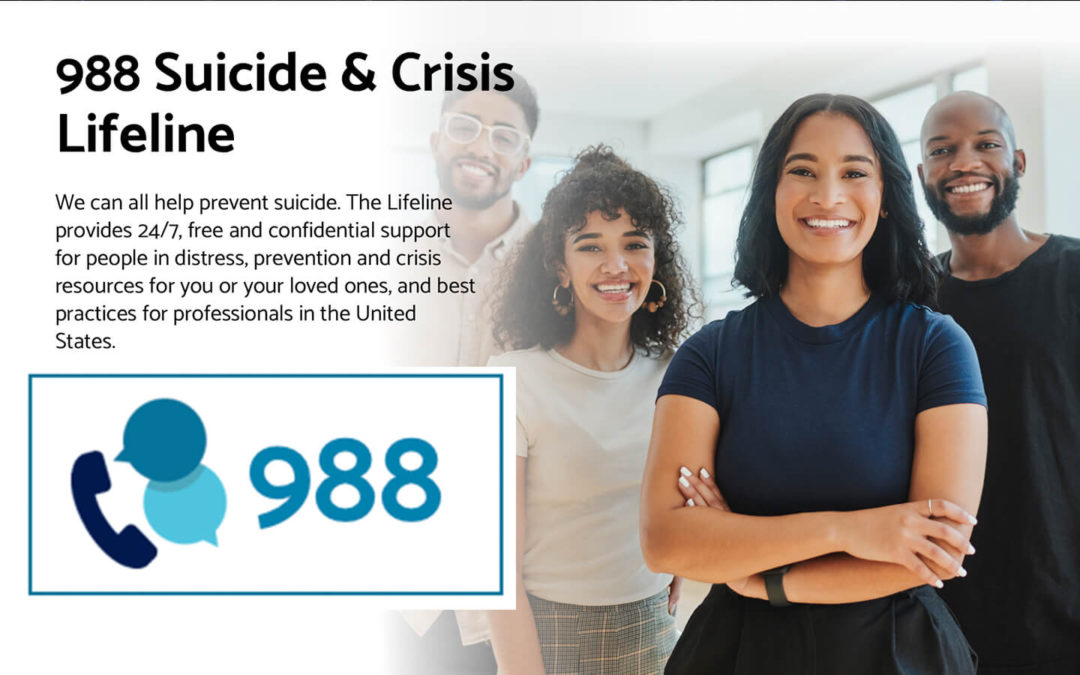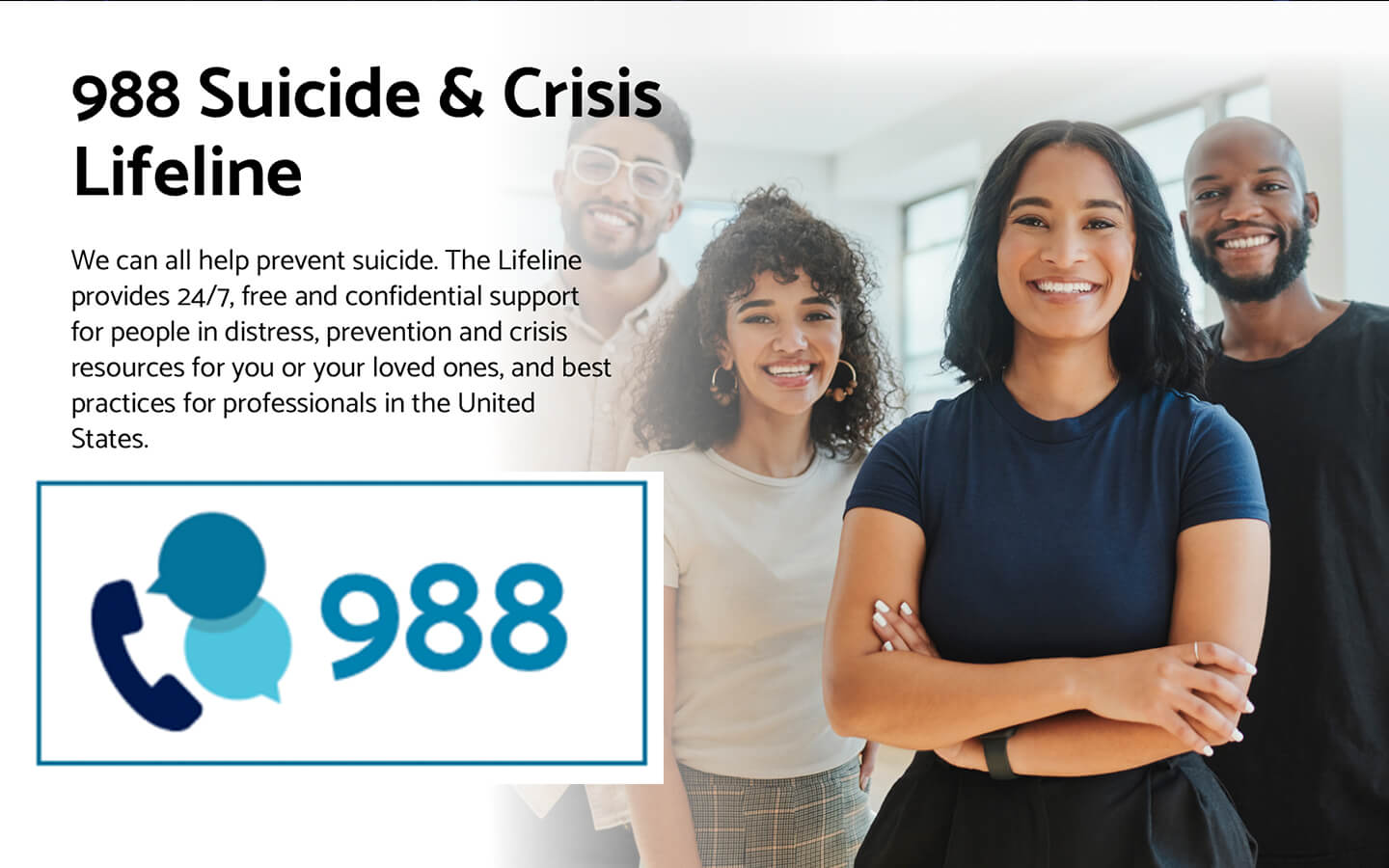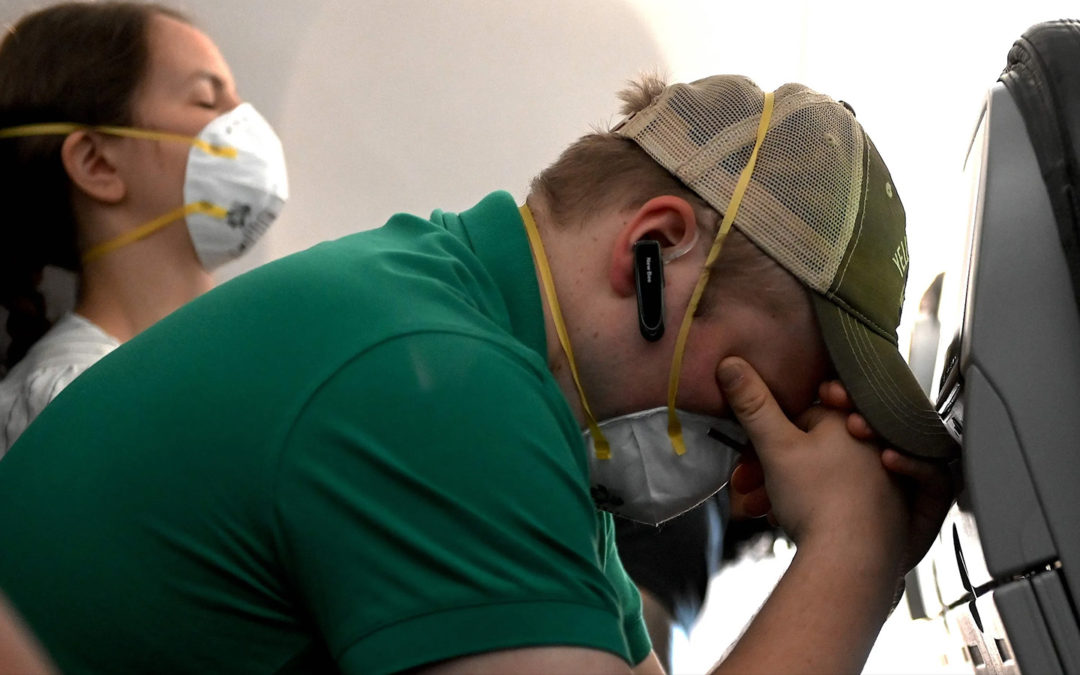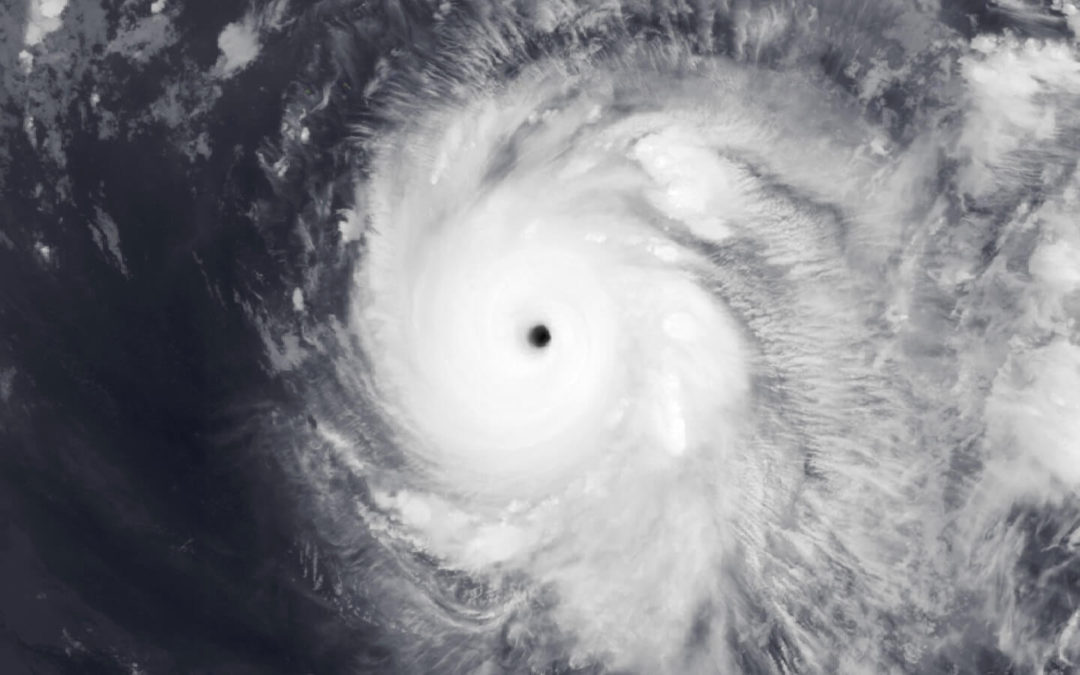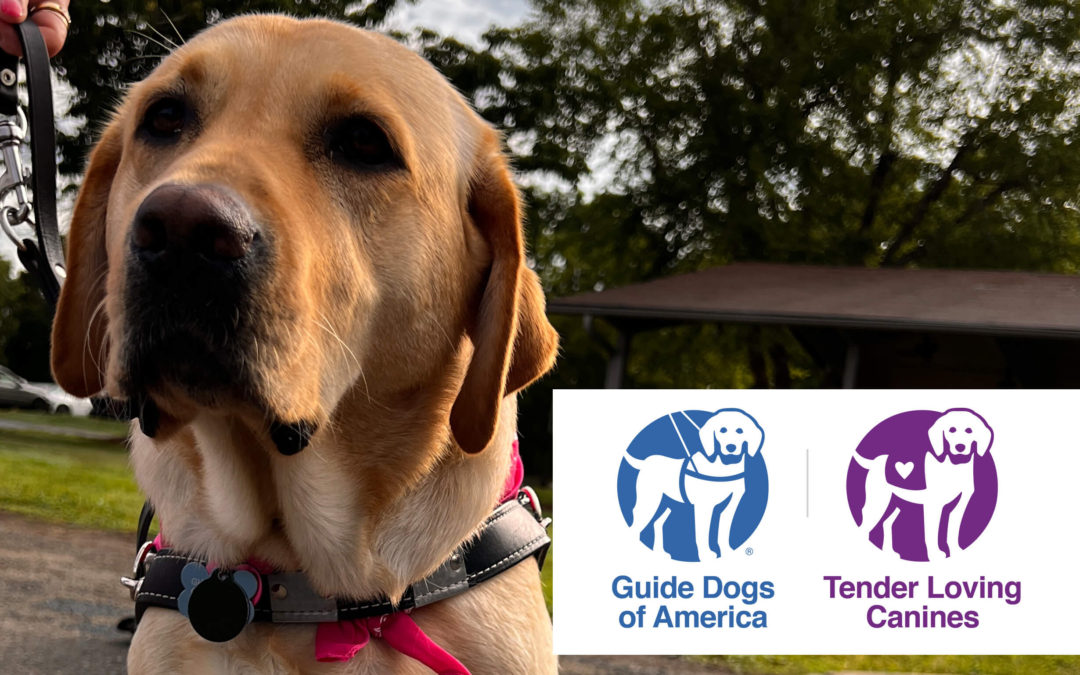Federal Judge Slaps Down JetBlue-Spirit Merger, Citing Competition ConcernsU.S. District Judge William Young blocked the $3.8 billion attempt by Jetblue to purchase Spirit Airlines, citing monopolistic concerns. The decision is a victory for the Biden Administration,...
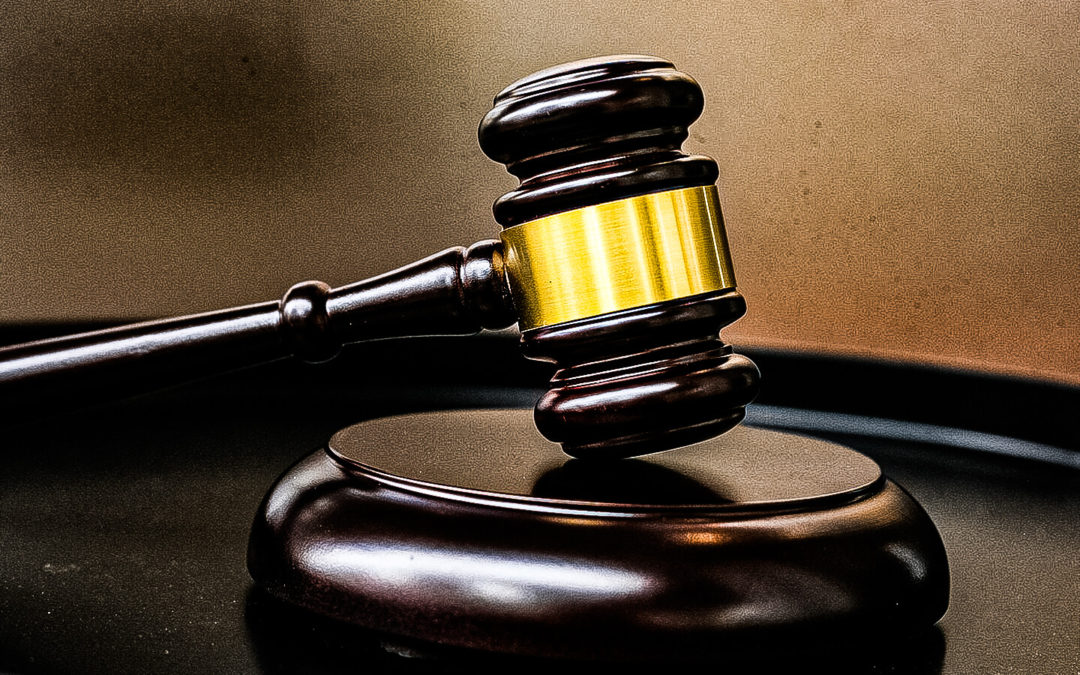
Controversy as Airline Workers Lose Critical Protections

Controversy as Airline Workers Lose Critical Protections
How a Court Ruling Undermines Massachusetts Sick Leave Law for Airline Workers
New details are emerging in the struggle to preserve aspects of the Massachusetts Sick Leave law that would have protected airline workers facing significant personal challenges, including health crises, domestic abuse, and the need to care for family members.
A court recently ruled that the state could not enforce its sick leave law for airline workers because, in part, “sick leave abuse is common in the airline industry.” Powerful industry lobbyists showed a handful of examples of individual cases of misuse of the law, including a pair of flight attendants that went “sightseeing” after calling out sick and spikes in call-outs following the law’s implementation.
In effect, U.S. District Judge Allison D. Burroughs ruled that airlines should be exempt from state sick leave laws because airline workers will likely need them.
In reaching its conclusion, the court listed examples of “abuse” that included only a few actual examples from the thousands of legitimate uses of the states’ protections.
Moreover, the court found that airline employees’ misuse of sick leave isn’t limited to the Massachusetts law. In her ruling, Judge Burroughs found that airline employees also abuse company sick leave rules, particularly by calling out sick on holidays and immediately before and after scheduled days off. In one such example, lobbyists pointed to a Logan-based ramp worker who called out sick during the Christmas Holiday in 2016, 2017, and 2019 and another Logan-based ground worker who allegedly used the Massachusetts law to call out on Thanksgiving and during the Superbowl.
In another example, American Airlines Flight Service Base Manager at Logan, Elena Salinas, recounted an instance where two Boston-based flight attendants traveled to New Zealand and used one day under the Massachusetts Sick Leave law. Salinas then claimed that an “investigation” into their sick calls found the pair “had gone sightseeing on one of the days they called in sick using (Massachusetts Sick Leave.).”
None of the witnesses offered proof that the alleged sick leave misuse cases involved calling out for reasons not covered under the state sick leave law, which covers more than just illness.
The Massachusetts Earned Sick Time Law (MESTL) gives employees the flexibility to use their accrued sick leave for a range of situations. These situations include times when the employee or a close family member, such as a spouse, child, or parent, needs home care or professional medical care. The law also applies when an employee needs to attend their regular medical check-ups or those of their family members. Furthermore, the law includes protections for circumstances involving domestic violence. Under MESTL, employers must not view an employee’s sick leave negatively due to these situations when making employment-related decisions like evaluations, promotions, discipline, or termination.
None of the cherry-picked examples industry lobbyists cited included evidence that the laws were actually misused. Despite the insinuations, the company lawyers did not show that the holiday sick leaves, for example, were not related to the home care of a close family member. In the case of the flight attendants allegedly misusing sick leave, lawyers did not testify whether they became sick on the day they went “sightseeing,” from food poisoning, for example, and used the subsequent call-outs to recover. In each instance, company lawyers assumed the leave options were being misused and did not consider the possibility the leave was taken for legitimate reasons.
The isolated examples used to justify denying state-provided sick leave are part of a larger trend that, airlines claim, shows their employees are particularly likely to misuse any leave of absence. This includes day trades and company-offered leaves. American Airlines’ lawyers pointed to high absenteeism in 2021 after the carrier paused its attendance policies as evidence that sick time abuse is rampant. Yet, no mention was made that this “absenteeism” was happening at the height of a global pandemic that took an estimated 5.1 million people out of the workforce.
Likewise, United’s Director of Airport Operations, Christopher Painter, testified about a specific instance on December 17, 2020, where so many
ground employees called out sick that he had to cancel four flights because there were not enough employees to complete the necessary services. Painter further testified about flight delays on February 27, 2021, also attributed to ground employee sick calls. His testimony was substantiated by an email from one of the United supervisors he manages, Richard Freddura, stating that the delays resulted from ground employees calling out sick due to mass COVID infections and otherwise arriving late. In these instances, United’s mitigation measures, including overtime and staffing employees to its resource pool, did not prevent these flight delays and cancellations. The airline then blamed the outages on relaxed sick leave policies like Massachusetts’s and completely ignored the then-raging COVID pandemic.
The recent court decision that Massachusetts cannot enforce its sick leave law for airline workers is a dangerous precedent that could endanger similar state laws across the country. The decision was based on the flawed argument that sick leave abuse is common in the airline industry, but the evidence presented to support this claim was weak and anecdotal. In fact, there is no evidence that sick leave abuse is any more common in the airline industry than in other industries. The industry lobbyists were disingenuous when they used Pandemic related outages to make the case that sick leave was being abused by airline workers.
The Massachusetts Sick Leave law was designed to protect airline workers facing personal challenges. The evidence presented at trial, rather than proving the law was being abused by lazy airline employees, demonstrated the law was a necessary tool benefiting Massachusetts workers. The lawyers representing airlines ignored the fact that non-punitive sick leave taken during the pandemic undoubtedly saved lives. This decision, which is widely expected to be used in other states with similar workplace protections, will do nothing to prevent absenteeism; instead, it reinforces the crucial importance of worker rights and underscores the pivotal role these laws play in safeguarding public health and individual well-being in times of crisis.
Related News
Federal Judge Slaps Down JetBlue-Spirit Merger, Citing Competition Concerns
Transcript: Alaska Airlines Pilot Calm Under Depressure
Transcript: Alaska Airlines Pilot Calm Under DepressureThe pilot flying the Alaska Airlines flight from Portland to Seattle last Friday is getting noticed for her super-chill handling a blowout of a cabin door as her plane was three miles in the air.Transcript: Alaska...
New International President Bryant Sworn In
New International President Bryant Sworn In As the new year of 2024 opens, so does a new chapter in the 135-year history of the IAM. Members of the IAM Executive Council on Friday, Jan. 5 took part in an officer installation ceremony at IAM Headquarters in Upper...
Stay up to date with all the latest news and information from the Machinists Union

Controversy as Airline Workers Lose Critical Protections
June 14, 2023
How a Court Ruling Undermines Massachusetts Sick Leave Law for Airline Workers
New details are emerging in the struggle to preserve aspects of the Massachusetts Sick Leave law that would have protected airline workers facing significant personal challenges, including health crises, domestic abuse, and the need to care for family members.
A court recently ruled that the state could not enforce its sick leave law for airline workers because, in part, “sick leave abuse is common in the airline industry.” Powerful industry lobbyists showed a handful of examples of individual cases of misuse of the law, including a pair of flight attendants that went “sightseeing” after calling out sick and spikes in call-outs following the law’s implementation.
In effect, U.S. District Judge Allison D. Burroughs ruled that airlines should be exempt from state sick leave laws because airline workers will likely need them.
In reaching its conclusion, the court listed examples of “abuse” that included only a few actual examples from the thousands of legitimate uses of the states’ protections.
Moreover, the court found that airline employees’ misuse of sick leave isn’t limited to the Massachusetts law. In her ruling, Judge Burroughs found that airline employees also abuse company sick leave rules, particularly by calling out sick on holidays and immediately before and after scheduled days off. In one such example, lobbyists pointed to a Logan-based ramp worker who called out sick during the Christmas Holiday in 2016, 2017, and 2019 and another Logan-based ground worker who allegedly used the Massachusetts law to call out on Thanksgiving and during the Superbowl.
In another example, American Airlines Flight Service Base Manager at Logan, Elena Salinas, recounted an instance where two Boston-based flight attendants traveled to New Zealand and used one day under the Massachusetts Sick Leave law. Salinas then claimed that an “investigation” into their sick calls found the pair “had gone sightseeing on one of the days they called in sick using (Massachusetts Sick Leave.).”
None of the witnesses offered proof that the alleged sick leave misuse cases involved calling out for reasons not covered under the state sick leave law, which covers more than just illness.
The Massachusetts Earned Sick Time Law (MESTL) gives employees the flexibility to use their accrued sick leave for a range of situations. These situations include times when the employee or a close family member, such as a spouse, child, or parent, needs home care or professional medical care. The law also applies when an employee needs to attend their regular medical check-ups or those of their family members. Furthermore, the law includes protections for circumstances involving domestic violence. Under MESTL, employers must not view an employee’s sick leave negatively due to these situations when making employment-related decisions like evaluations, promotions, discipline, or termination.
None of the cherry-picked examples industry lobbyists cited included evidence that the laws were actually misused. Despite the insinuations, the company lawyers did not show that the holiday sick leaves, for example, were not related to the home care of a close family member. In the case of the flight attendants allegedly misusing sick leave, lawyers did not testify whether they became sick on the day they went “sightseeing,” from food poisoning, for example, and used the subsequent call-outs to recover. In each instance, company lawyers assumed the leave options were being misused and did not consider the possibility the leave was taken for legitimate reasons.
The isolated examples used to justify denying state-provided sick leave are part of a larger trend that, airlines claim, shows their employees are particularly likely to misuse any leave of absence. This includes day trades and company-offered leaves. American Airlines’ lawyers pointed to high absenteeism in 2021 after the carrier paused its attendance policies as evidence that sick time abuse is rampant. Yet, no mention was made that this “absenteeism” was happening at the height of a global pandemic that took an estimated 5.1 million people out of the workforce.
Likewise, United’s Director of Airport Operations, Christopher Painter, testified about a specific instance on December 17, 2020, where so many
ground employees called out sick that he had to cancel four flights because there were not enough employees to complete the necessary services. Painter further testified about flight delays on February 27, 2021, also attributed to ground employee sick calls. His testimony was substantiated by an email from one of the United supervisors he manages, Richard Freddura, stating that the delays resulted from ground employees calling out sick due to mass COVID infections and otherwise arriving late. In these instances, United’s mitigation measures, including overtime and staffing employees to its resource pool, did not prevent these flight delays and cancellations. The airline then blamed the outages on relaxed sick leave policies like Massachusetts’s and completely ignored the then-raging COVID pandemic.
The recent court decision that Massachusetts cannot enforce its sick leave law for airline workers is a dangerous precedent that could endanger similar state laws across the country. The decision was based on the flawed argument that sick leave abuse is common in the airline industry, but the evidence presented to support this claim was weak and anecdotal. In fact, there is no evidence that sick leave abuse is any more common in the airline industry than in other industries. The industry lobbyists were disingenuous when they used Pandemic related outages to make the case that sick leave was being abused by airline workers.
The Massachusetts Sick Leave law was designed to protect airline workers facing personal challenges. The evidence presented at trial, rather than proving the law was being abused by lazy airline employees, demonstrated the law was a necessary tool benefiting Massachusetts workers. The lawyers representing airlines ignored the fact that non-punitive sick leave taken during the pandemic undoubtedly saved lives. This decision, which is widely expected to be used in other states with similar workplace protections, will do nothing to prevent absenteeism; instead, it reinforces the crucial importance of worker rights and underscores the pivotal role these laws play in safeguarding public health and individual well-being in times of crisis.
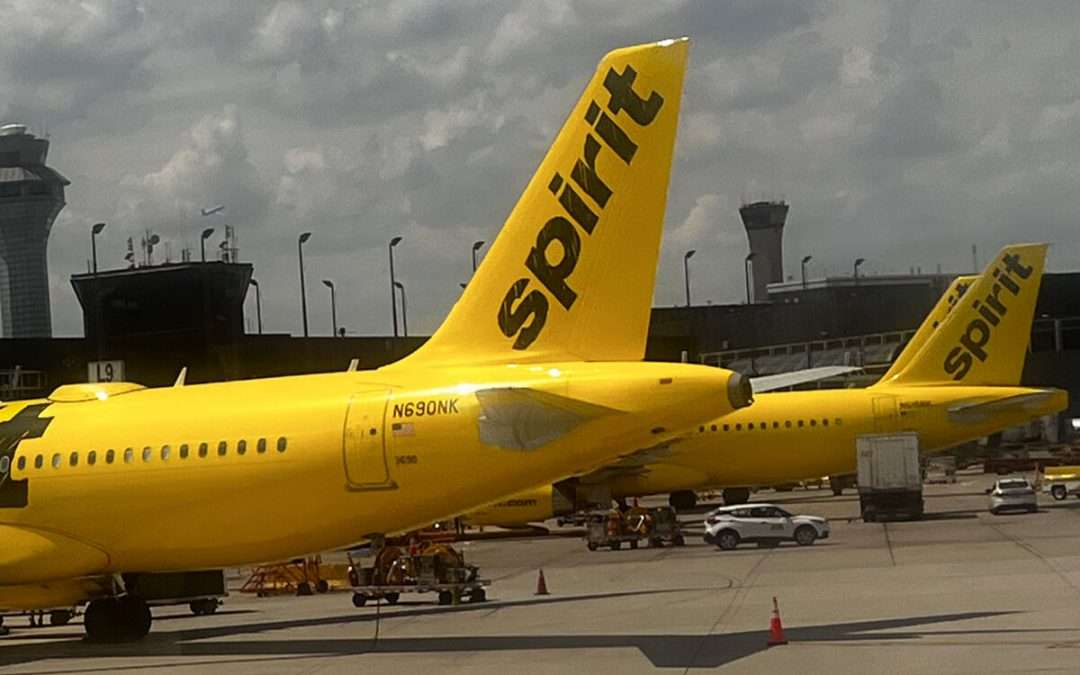
Federal Judge Slaps Down JetBlue-Spirit Merger, Citing Competition Concerns
Federal Judge Slaps Down JetBlue-Spirit Merger, Citing Competition ConcernsU.S. District Judge William Young blocked the $3.8 billion attempt by Jetblue to purchase Spirit Airlines, citing monopolistic concerns. The decision is a victory for the Biden Administration,...
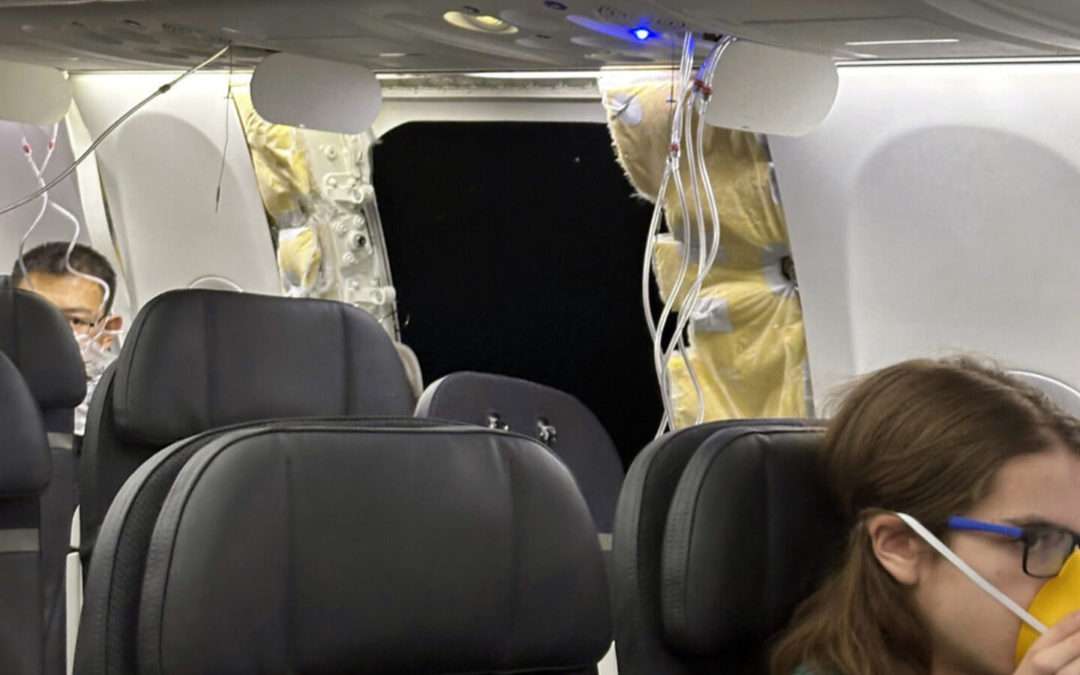
Transcript: Alaska Airlines Pilot Calm Under Depressure
Transcript: Alaska Airlines Pilot Calm Under DepressureThe pilot flying the Alaska Airlines flight from Portland to Seattle last Friday is getting noticed for her super-chill handling a blowout of a cabin door as her plane was three miles in the air.Transcript: Alaska...
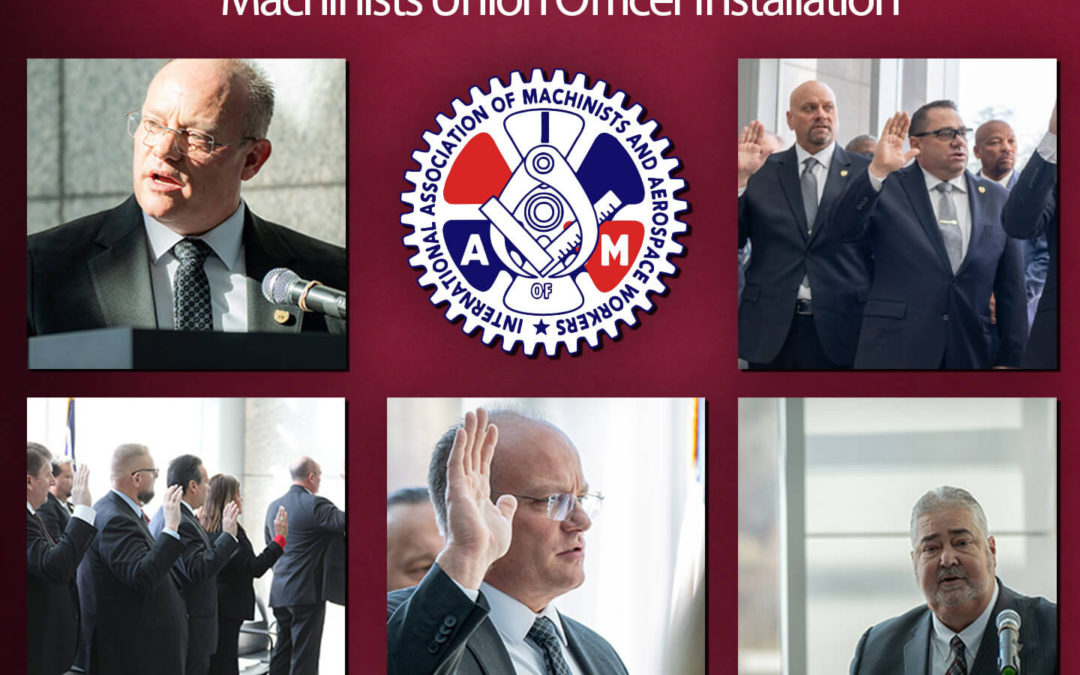
New International President Bryant Sworn In
New International President Bryant Sworn In As the new year of 2024 opens, so does a new chapter in the 135-year history of the IAM. Members of the IAM Executive Council on Friday, Jan. 5 took part in an officer installation ceremony at IAM Headquarters in Upper...
